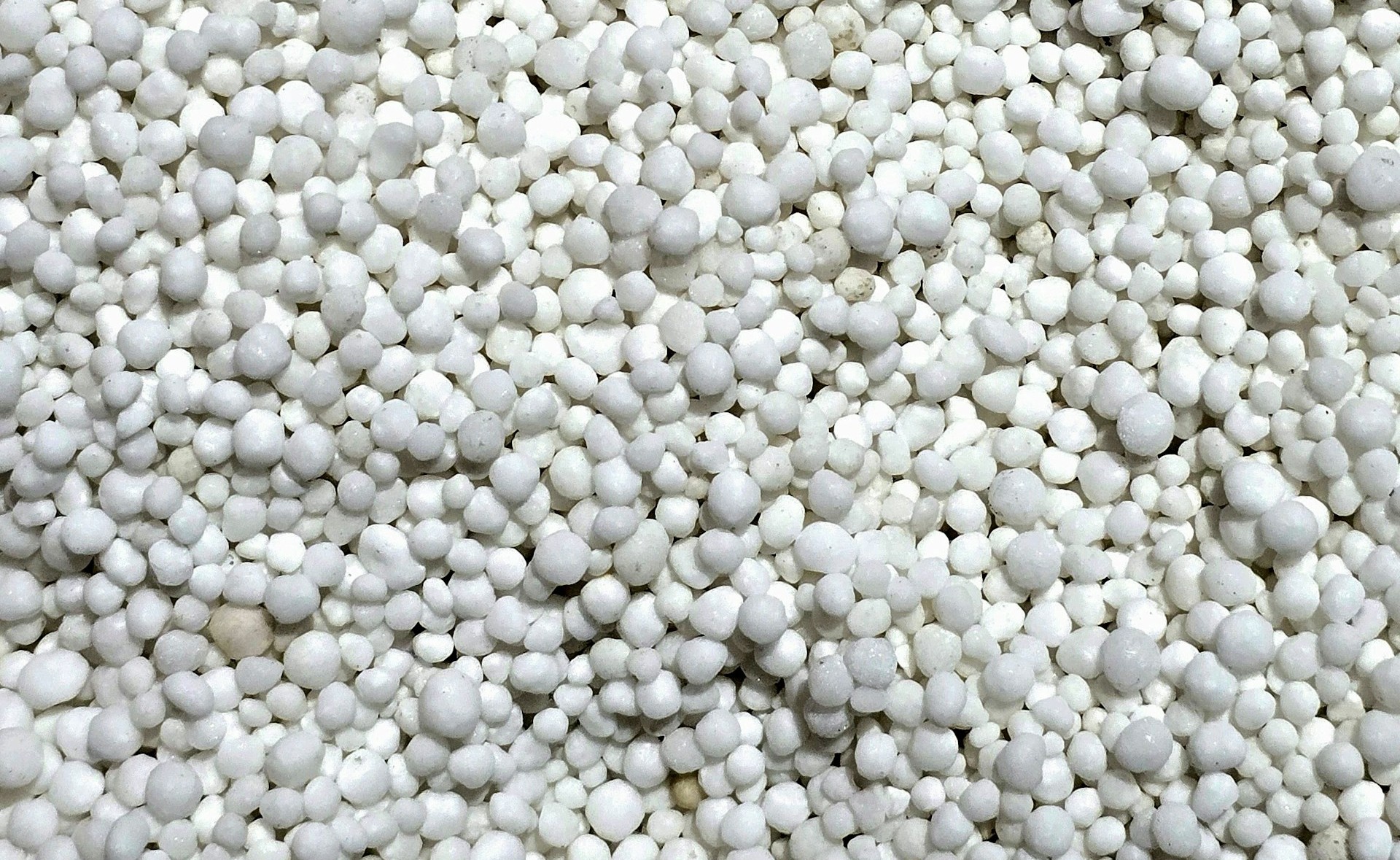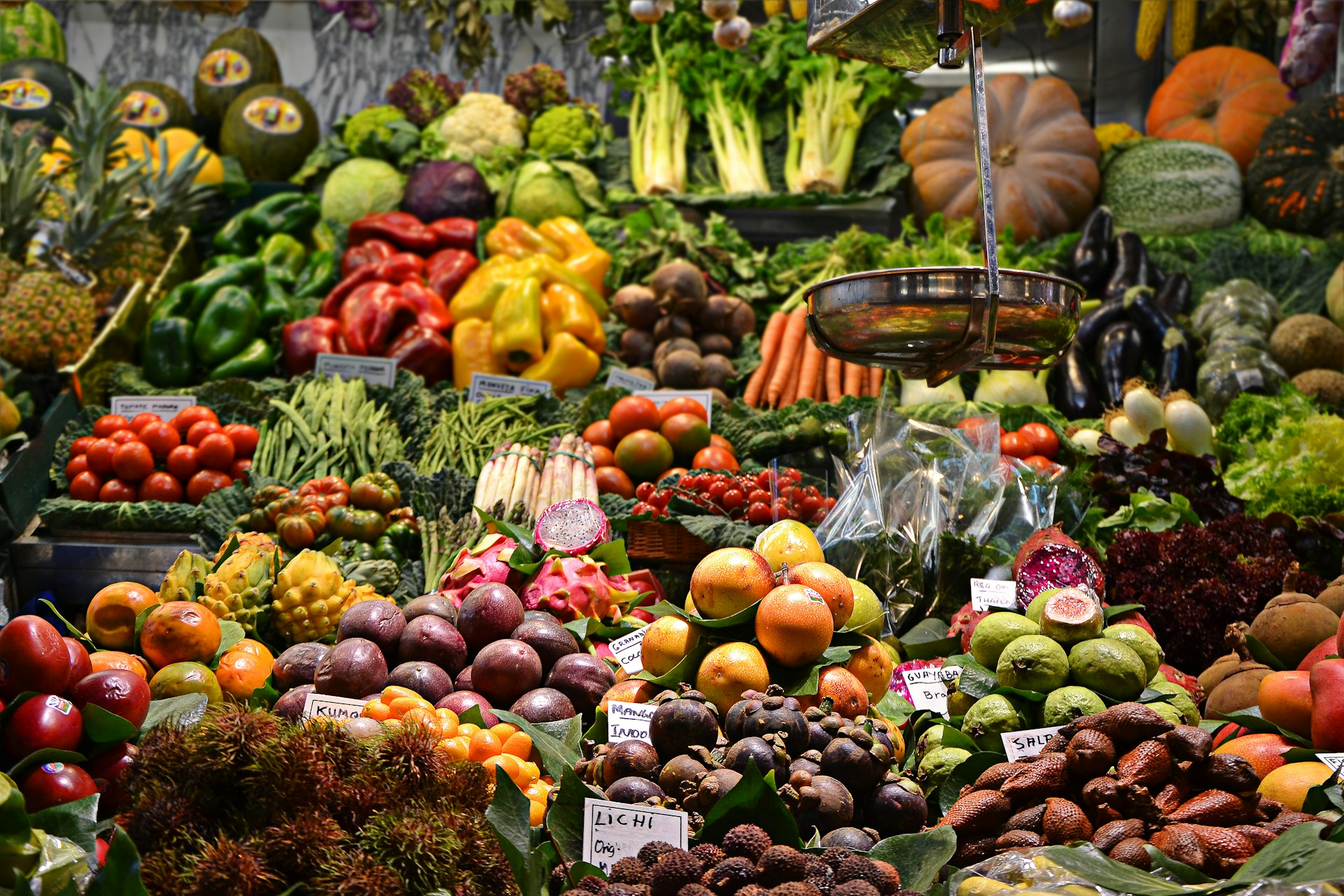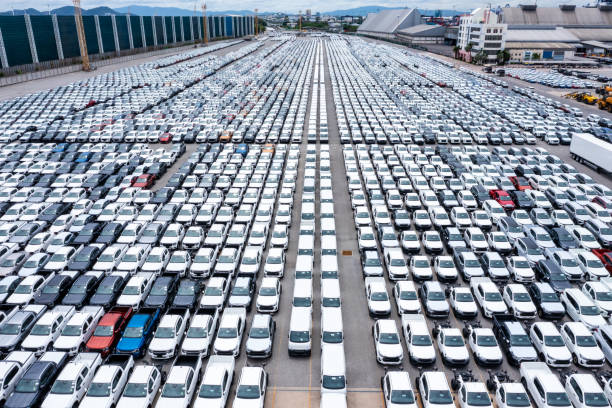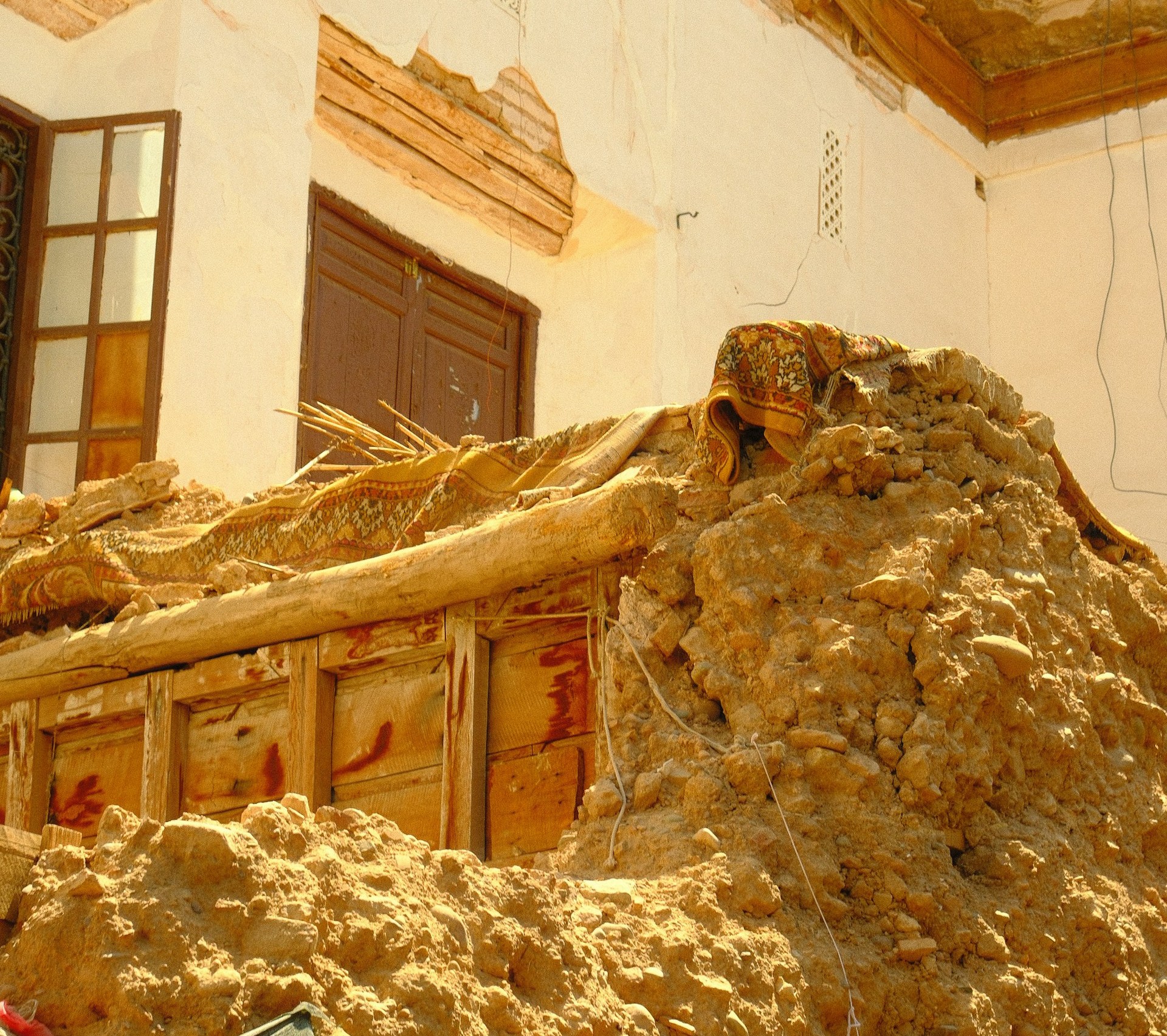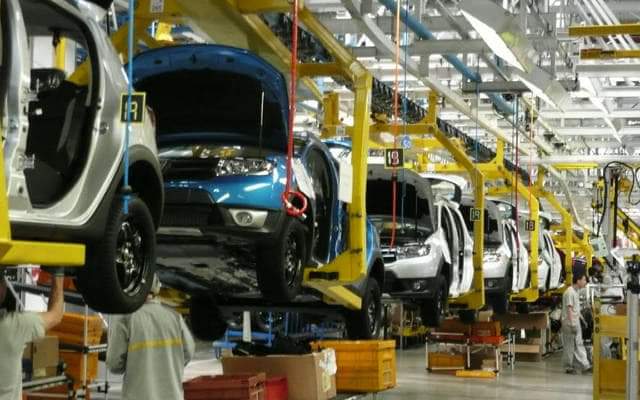Casablanca – Morocco is emerging as a major player in Africa’s rapidly growing solar energy sector, combining high-volume imports with a striking expansion of domestic production. Between July 2024 and June 2025, Morocco imported 915 MW of Chinese solar panels, making it the fourth-largest African importer behind South Africa, Nigeria, and Algeria, according to a recent report by the British think tank Ember.
While Morocco continues to rely on imports, the Kingdom has also doubled its local solar panel production capacity, reaching 1 GW per year. This expansion places Morocco on par with South Africa, the only other African country with comparable industrial capability. Experts say this dual strategy—balancing imports with domestic production—strengthens Morocco’s energy resilience and positions it as a regional hub for renewable energy technology.
A continental solar surge
Africa as a whole is experiencing an unprecedented surge in solar energy adoption. According to Ember, imports of Chinese solar panels—China accounted for 80% of global panel production in 2024—jumped by 60% year-on-year, from 9,379 MW to 15,032 MW. Twenty African countries set new import records, and 25 nations imported at least 100 MW, up from just 15 in the previous year.
South Africa remains the largest importer with 3,784 MW, followed by Nigeria (1,721 MW), Algeria (1,199 MW), and Morocco (915 MW). Other countries also registered significant increases, including Côte d’Ivoire (247 MW), Senegal (519 MW), the Democratic Republic of Congo (363 MW), Benin (133 MW), Guinea (116 MW), and Mali (141 MW). Several countries reported exceptional growth rates: Algeria’s imports rose 33-fold compared with the previous year, Zambia’s increased eight times, Botswana’s seven times, and Sudan’s six times.
Morocco’s industrial ambitions
Morocco’s approach goes beyond importing solar panels. By investing in domestic production, the Kingdom not only manufactures panels locally but also engages in their design, assembly, and distribution. This industrial strategy reduces dependency on imports and creates opportunities for technological development and potential export.
The Kingdom’s solar ambitions are further supported by its broader renewable energy strategy. Morocco aims to achieve more than 52% renewable energy in its electricity mix by 2030, in line with royal directives and the national energy roadmap. Large-scale projects in southern provinces, such as the Noor Ouarzazate solar complex, exemplify the country’s drive to combine industrial capacity with renewable energy deployment.
Additionally, Morocco is positioning itself as a leader in green hydrogen. Its renewable energy potential, access to water resources, and structured national strategies have earned it recognition from Germany’s H2Global Stiftung as one of seven African countries pioneering the development of green hydrogen projects. These initiatives involve substantial investment and signal Morocco’s ambition to become a future regional hub for clean hydrogen.
Challenges and fossil fuel dependence
Despite these achievements, Morocco and Africa at large continue to depend heavily on fossil fuels. In Morocco, refined oil imports between July 2024 and June 2025 exceeded solar panel imports by more than 80 times. Nigeria’s oil imports were over 100 times higher than solar panels, while Algeria’s ratio was roughly two to one.
The persistence of fossil fuels reflects several structural factors: existing energy infrastructures remain largely fossil-fuel oriented, electrification in transport and agriculture is limited, and although solar installation costs are falling, they still represent a significant barrier for households and small businesses.
Impact on electrification and energy security
The surge in solar imports has tangible implications for electricity production and grid stability. For example, if all solar panels imported to Sierra Leone over the past year were installed, they could cover 61% of the country’s 2023 electricity output. Across Africa, 16 countries could see their electricity production rise by more than 5%, providing a meaningful boost to national grids and helping reduce outages.
Looking ahead
Morocco’s combined strategy of expanding imports while scaling up domestic production exemplifies a pragmatic approach to renewable energy development. The Kingdom is not only positioning itself as a continental leader in solar energy but also contributing to Africa’s broader energy transition. For solar to become a dominant alternative, however, African countries will need to overcome economic, logistical, and political barriers that currently keep fossil fuels at the core of energy systems.
With ambitious industrial expansion, strategic investment in renewable technologies, and a clear policy roadmap, Morocco is charting a path toward a more sustainable energy future, both nationally and regionally, demonstrating how domestic production and international cooperation can work hand-in-hand to accelerate the continent’s energy transformation.







